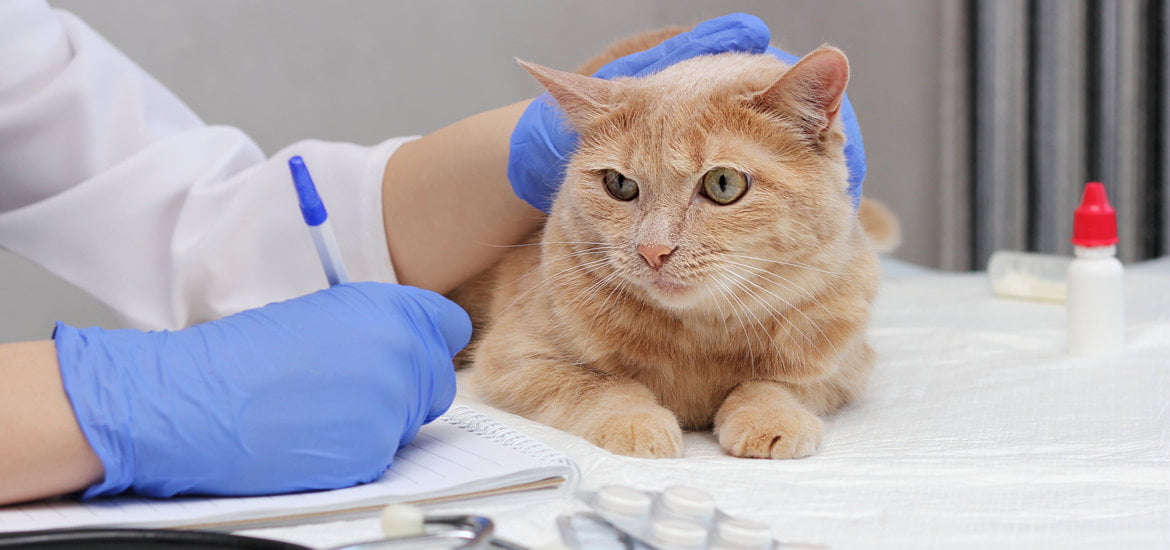Jan 17, 2022, 2:53 PM

This may come as a surprise to some, but cats can have hyperactive thyroid glands, and it is one of the most frequent conditions in senior cats. It is mostly found in cats who have reached the age of ten years. The most prevalent causes are either benign tumors or thyroid gland hypertrophy.
First, let's define hyperthyroidism: it occurs when the thyroid glands work overtime and create excessive thyroid hormone. Because this hormone affects so many organs, it can have various effects: Despite an increase in hunger, weight loss occurs; Diarrhea and vomiting; Aggressive or irritable behavior; Increased heart rate, Increased activity, etc.
Your veterinarian can easily feel a little nodule on the thyroid. Blood tests, which involve assessing thyroid hormone levels, are the next logical step. The next stage is to determine how to identify hyperthyroidism through a thorough physical examination.
The IDEXX Total T4 Thyroid Test allows veterinarians and technicians to give clients accurate and comprehensive results at the point of service, including thyroid function. Total T4 can be added to any Catalyst Dx or Catalyst One test panel, allowing veterinarians to get a complete chemical, electrolyte, and entire T4 profile in around 15 minutes with a single patient sample. Thyroid illness is a prevalent ailment in dogs and cats, and total T4 helps doctors diagnose and manage it more precisely. The test can be used as the initial strategy to diagnose and monitor canine hypothyroidism.
Moving on to treatment: While surgery to remove the tumor is a popular choice, it is a more successful alternative in the hands of a skilled surgeon. The following are the alternatives to surgery:
- Methimazole is a hyperthyroidism medication. It is usually taken by mouth every day. Methimazole can also be applied daily as a lotion to the skin or ear. This treatment, on the other hand, is permanent.
- For hyperthyroidism, veterinary endocrinologists consider IV radioactive iodine treatment the gold standard.
- Recent research also suggests that a restricted diet low in iodine is beneficial.
If hypocalcemia (low calcium) develops, it must be treated in addition to pain medication and antibiotics. Calcium or vitamin D pills are commonly used to achieve this. Once the cat has taken enough food, calcium is also provided. Their dosages are gradually lowered as their bodies take over.
Please consult your veterinarian as quickly as possible if your cat is acting strangely in any manner. Please ensure that your pet receives the proper therapy, that you are aware of the hazards, and that you choose the best treatment option for your pet. The sooner you deal with it, the more options you'll have and the better your chances of succeeding.
